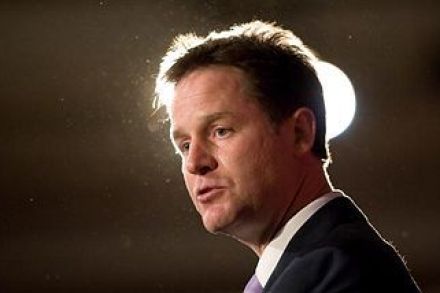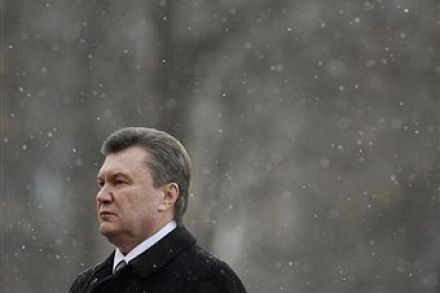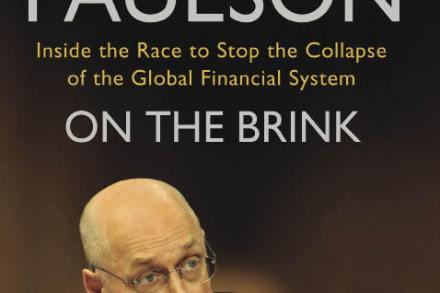Building on the coalition’s good start
A week in, and I am loving the Conservative-led government. The new line-up of Secretaries of State is very impressive and, though a few solid Tory politicians missed out on Cabinet posts, the inclusion of the Liberal Democrat bench has swelled the government’s talent quota. David Cameron has infused No 10 with energy and purpose. You can just feel the umpf. As the former MP John Gummer said, there is now “smile on the face of Britain”. Foreign Secretary William Hague’s trip to the US set the right tone by calling the UK-US link “an unbreakable alliance”. If he now goes on to places where the “economic action” is, to



















